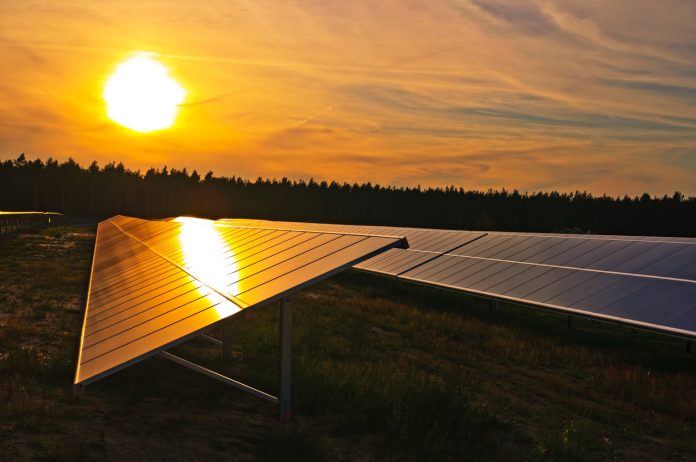Baiba Miltoviča, President of the Section for Transport, Energy, Infrastructure, and the Information Society at the European Economic and Social Committee, advocates for active involvement from civil society to guarantee that energy remains affordable for everyone across Europe
The green and digital transition is necessary – it can be an opportunity for the European Union (EU) to become more prosperous and resilient.
At the European Economic and Social Committee (EESC), we believe that access to energy is a fundamental right. It is one of the pillars of European social construction, and nobody should be deprived of it. So, we foster smart, integrated planning and a regulatory framework that facilitates investments in renewable energy while promoting environmental sustainability and protecting network users and workers. For instance, renewable and low-carbon hydrogen will play a crucial role in the transition, especially for sectors that are difficult to decarbonise.
Bearing this in mind, we must support vulnerable people, households, and SMEs to ensure an affordable and stable energy supply that aligns with a just green transition.
The challenges in affording energy are appalling
Over the past year, the spike in the number of energy poor in Europe is alarming.
According to Eurostat 2024 data, 10.6% of Europeans, approximately 48 million people, could not keep their homes sufficiently warm in 2023. These figures have gone up significantly since 2021 (about 31 million). This shows that affordable energy must be a priority for the EU Institutions.
Energy poverty has dramatic social and health consequences – there is no time to lose.
The EESC at the forefront of stakeholders’ engagement
The EESC has tirelessly worked on increasing awareness of energy affordability. Through its opinions and high-level conferences, it helped put energy affordability high on the EU political agenda, building a consistent network of stakeholders and partners from civil society, academia, EU institutions, Member States, and regional
and local communities.
These efforts have generated ideas and proposals aimed at improving EU policy-making. Since 2021, the EESC has held yearly conferences on energy affordability. The conferences have been putting citizens at the centre of the green transition and have enabled the EESC to further extend its network.
In October 2023, the Commission published Recommendations on energy poverty to the Member States, more than half of which match the EESC recommendations on how to implement anti-poverty measures effectively.
Moreover, President Von der Leyen’s recent political guidelines also consider earlier EESC indications. They mention notably that a swift and effective rollout of the Social Climate Fund will help with access to affordable and energy-efficient housing.
Recent energy developments
The EESC has pledged to continue pushing to implement some of its recommendations that have yet to be considered.
The fourth edition of the EESC Conference on Affordable Energy was on 26th June 2024. We stressed that the rise in inequalities cannot be addressed with a piecemeal approach. A comprehensive effort involving civil society remains pivotal. We also keep calling for an ambitious political coalition at the European level.
I want to highlight three key messages:
- The need to promote access to employment, fair and transparent pricing, as well as decent living conditions for all, with special attention to the increasing number of working poor;
- Member States and EU Institutions should enable, as a matter of urgency, the necessary public and private investments to deploy renewable energy sources;
- Energy communities’ untapped potential must be unlocked to make energy production more inclusive and affordable, including in rural areas.
Enhanced dialogue at all levels
The EESC is committed to listening to civil society’s needs and conveying its claims at the EU level. The Transport and Energy Section I chair in the EESC looks forward to fruitful cooperation with Dan Jørgensen, Commissioner designate for Energy and Housing.
In our view, the resources proposed by the EU to encourage consumer participation remain insufficient. Prosumerism should be encouraged by removing existing barriers. We believe affordable renewable energy is paramount to European citizens in the current cost-of-living crisis.
We are also engaging further with European Parliament’s committee in charge of energy, and will keep collecting and conveying the views of organisations, experts, academia and other stakeholders on how to tackle this cost-of-living crisis and the role of energy prices in it.











